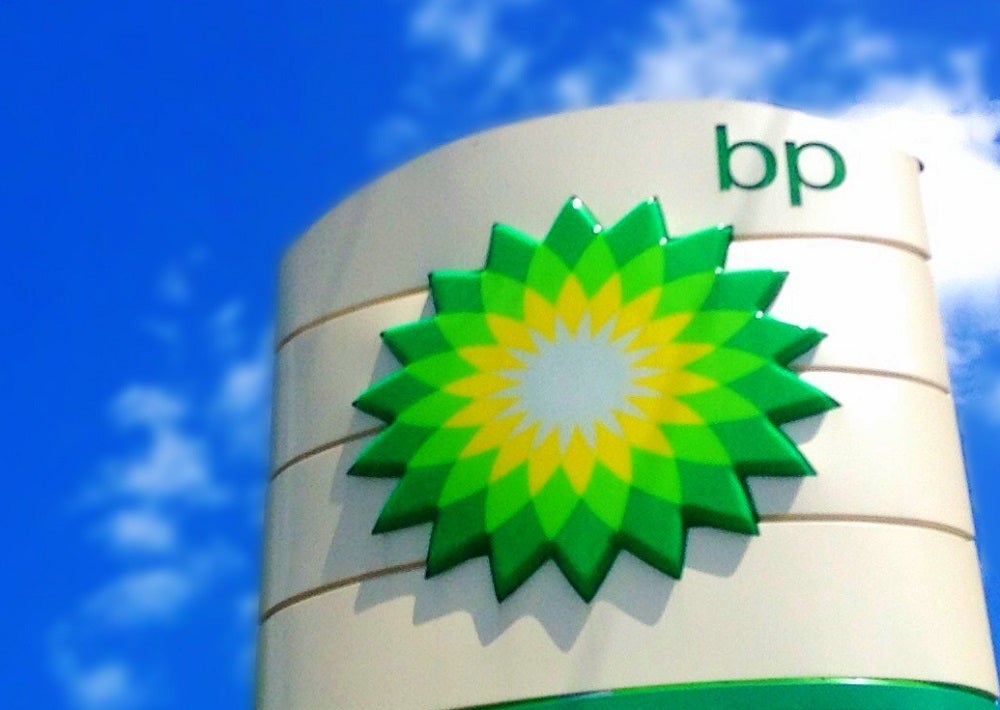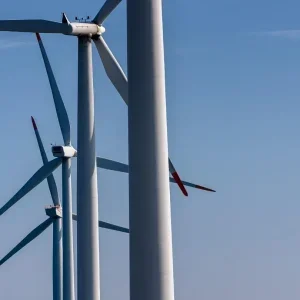
BP will make almost 10,000 job cuts before the end of the year as part of a broad restructuring plan to lower costs amid the economic fallout of coronavirus.
In an email to staff today (8 June), chief executive Bernard Looney – who took the top role back in February this year – warned the UK oil major is spending “much, much more” than it currently makes, and that the pandemic has accelerated existing plans to streamline the company.
“It was always part of the plan to make BP a leaner, faster-moving and lower-carbon company,” he wrote, citing his inaugural strategy to transform the oil giant into a net-zero business by 2050.
“While the external environment is driving us to move faster – and perhaps go deeper at this stage than we originally intended – the direction of travel remains the same.”
The announcement comes as a three-month redundancy freeze across the business expires today.
Senior management roles at BP will be most affected by the job cuts
The majority of the job losses will be office-based roles, with senior management to “bear the biggest impacts” as the company – which employs around 70,000 people – targets a reduction of its group leadership by about a third.
“We are protecting the front line of the company,” wrote Looney, who last month revealed more than half the number of “Tier 2” senior management jobs across the business would be phased out.
He added: “These are tough decisions to make. But the impact – particularly on those leaving us – is much, much tougher. I understand this and I am sorry.
“But we must do the right thing for BP and this is that right thing. It will help strengthen our finances. And it will help create a more competitive company for the majority who are staying.”
A salary freeze introduced in April will be lifted in October, although senior management will not be eligible until March 2021 – and cash bonuses are “very unlikely” to be paid this year.
Pandemic has forced oil firms into cost-cutting mode
The destruction of oil demand triggered by coronavirus lockdown measures has dealt real damage to the industry this year, driving down commodity prices well below the range of profitability.
And while demand is beginning to recover as lockdowns lift, and measures to cut production have eased the oversupply, benchmark oil prices remain around $40 per barrel – compared to $70 per barrel at the start of the year.
BP is among a number of oil firms to have announced spending cutbacks amid this environment with a 25%, or $3bn, reduction in capital spending this year – and is planning to lower operating costs by $2.5bn in 2021.
In the first quarter of the year, the oil major reported a $1.6bn drop in earnings compared to the previous year – a two-thirds contraction to $791m – while net debt rose by $6bn.
But while the pandemic may have accelerated the decision to restructure, Professor David Elmes of Warwick Business School suggests the move is “symptomatic” of wider challenges facing the industry in the context of climate change and the energy transition.
He said: “Coronavirus has reduced oil demand and the price per barrel has plummeted, but that has happened in a wider context of short-term and long-term decline.
“Some industry forecasts had acknowledged a flattening off in long-term demand last year, before the pandemic began. All firms in the sector will be looking at how they can cut costs, shift their activities to the lowest-cost field, trim investment, and be thinking hard about what dividend they can pay.”






